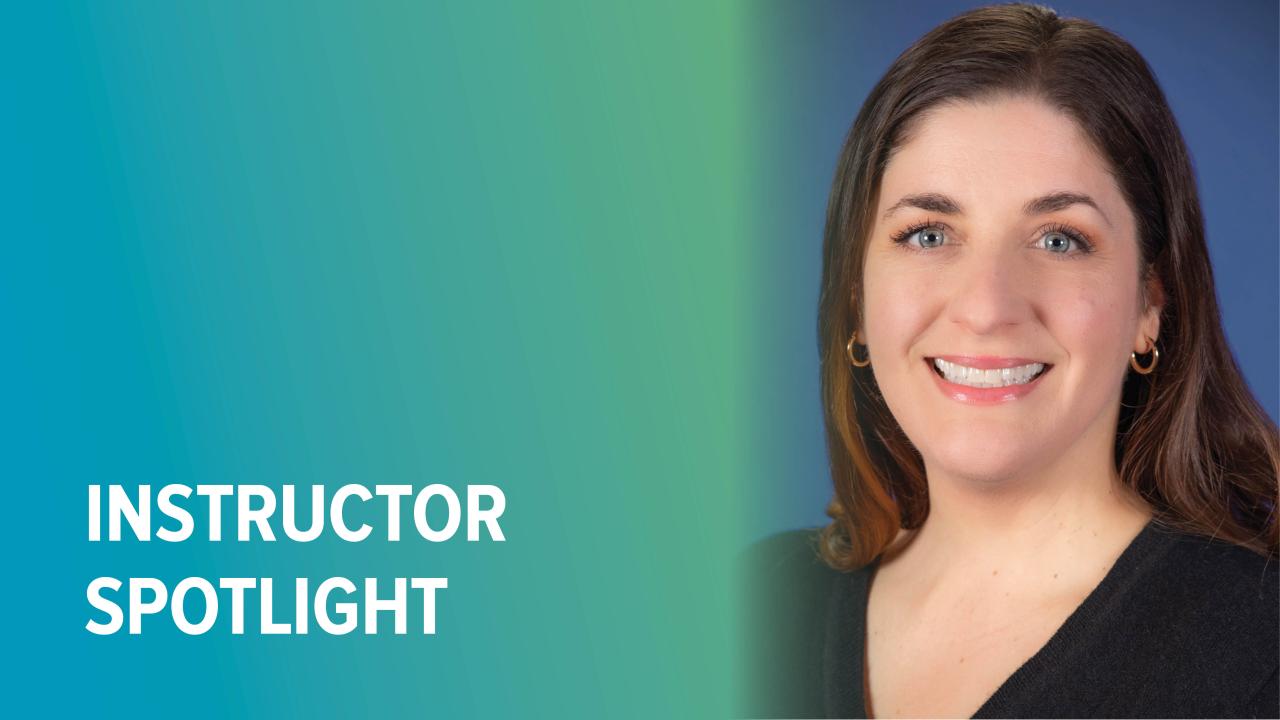
Instructor Spotlight: Marcella Gonsalves
Marcella Gonsalves, EdD, MPH, has been leading and directing community and academic public health programs and initiatives since 2006. Her past accomplishments include launching a million-dollar Kaiser Permanente community-based multisectoral program focused on healthy eating and active living, and leading a multi-million dollar, USDA-funded program that addressed nutrition in Placer County. She has been a lecturer with the UC Davis Department of Public Health Sciences since 2017 and is an instructor of Social & Behavioral Determinants of Health in UC Davis Continuing and Professional Education’s online Public Health Certificate Program.
What do you love most about working in public health?
Like so many of my colleagues, I love public health because of the impact. Through my work, I have improved the health of communities and for so many individuals. What’s better than that?
Why do you teach?
I teach because I love helping people grow and develop. It’s so fulfilling to see students take our course material and apply it to their professions, often getting promoted or more advanced roles where they are making bigger impacts. It’s very rewarding to know that I was a part of their journey to get there.
How would a student describe your teaching style?
I hope my students see me as a “guide on the side” rather than the “sage on the stage.” Students bring such rich professional expertise and personal experiences to the table, and I honor and value those contributions. I facilitate courses that encourage sharing of knowledge to learn from others in addition to what students learn from the textbook or lectures.
Sign up for a free info session
Learn more about the Public Health Certificate Program and get answers to your questions. Register for an upcoming online information session today!
How will learning social and behavioral determinants of health positively impact a student’s career?
This course can help students make better-informed decisions in their professional roles. We know that health does not happen in one place. It is the result of complex systems, beliefs and forces in the environments where we go day after day. When we have a better understanding of these systems, beliefs and forces, it helps us understand how and when to intervene to improve health or when to maintain what we have been doing.
Why is an education or training in public health important?
Courses in public health equip students with the foundational knowledge that will help them understand their work in a deeper way and give them evidence-based strategies to apply to their work. When students understand the context, challenges, solutions and knowledge gaps—and have the skills to address them—they can be more effective and efficient in their jobs. This ultimately translates to protecting and saving more lives.
